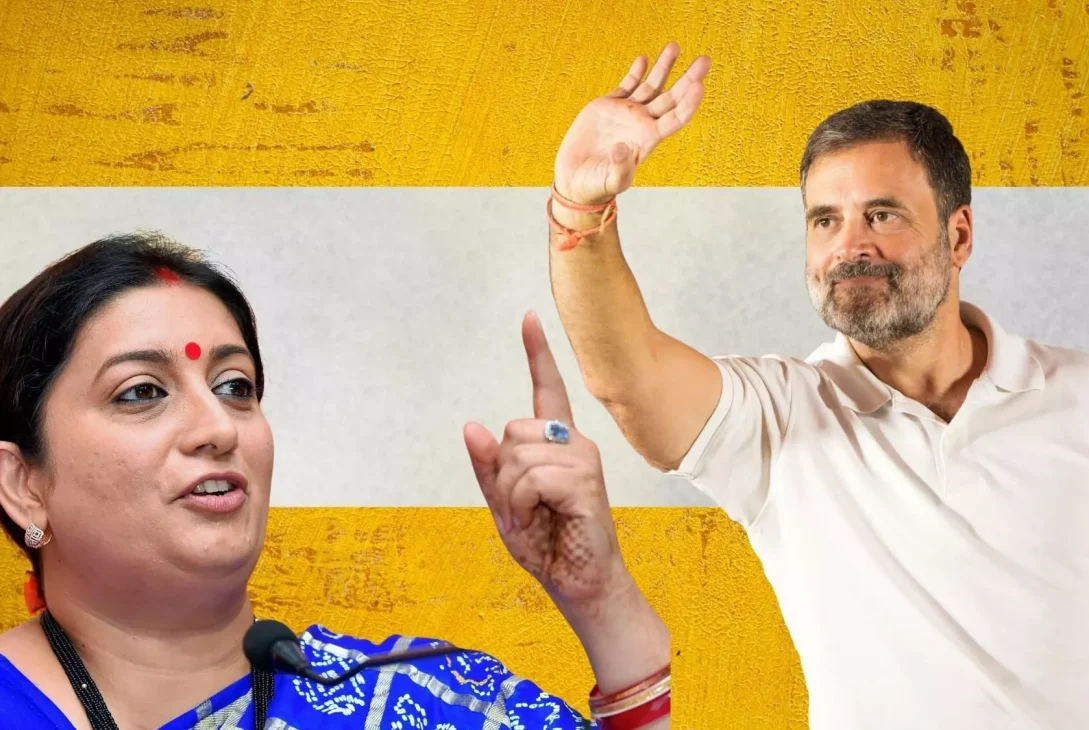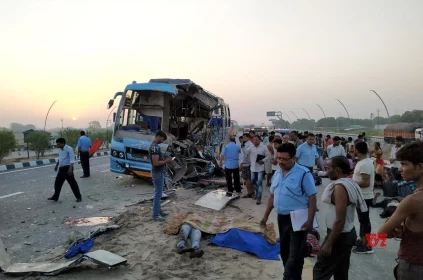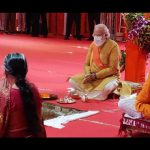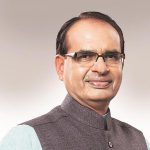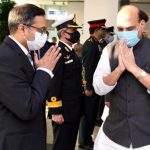The Bharatiya Janata Party (BJP) faced a significant defeat in the 2024 Uttar Pradesh elections, a crucial state that often serves as a bellwether for national politics in India. Several factors contributed to this loss, ranging from internal party dynamics to broader socio-political shifts. Here’s a detailed look at the reasons behind the BJP’s unexpected setback.
Caste Dynamics and Alienation of Key Communities in
One of the primary reasons for BJP’s loss in Uttar Pradesh was the alienation of key caste groups that had previously supported the party. Communities such as the Rajputs, Tyagis, and Sainis expressed dissatisfaction with the BJP’s candidate selection and representation policies. In regions like western Uttar Pradesh, traditional BJP supporters from these communities felt marginalized due to a perceived bias in ticket distribution and ministerial posts, which favored certain other communities.
For instance, the Rajput community, which constitutes a significant voter base, organized panchayats and public meetings to voice their grievances against the BJP. Leaders from this community claimed that despite their substantial vote share, they were underrepresented in both the state assembly and the Lok Sabha. This dissatisfaction translated into a lack of support for BJP candidates during the elections.
Economic Distress and Agrarian Issues
Economic issues, particularly those affecting the agrarian sector, played a critical role in the BJP’s defeat. Farmers in Uttar Pradesh have been facing multiple challenges, including inadequate minimum support prices (MSP) for crops, delayed payments, and poor irrigation facilities. The resentment among farmers, exacerbated by the controversial farm laws introduced by the central government, led to widespread protests and a significant loss of support for the BJP in rural areas
The broader economic slowdown in India also impacted the BJP’s fortunes in Uttar Pradesh. High unemployment rates and lack of job opportunities, especially among the youth, created a groundswell of discontent. Many voters felt that the BJP government had failed to deliver on its promises of economic growth and job creation, leading to a shift in voter sentiment.
Communal Polarization Backfiring
The BJP’s strategy of communal polarization, which had worked in its favor in previous elections, seemed to have backfired this time. While the party attempted to consolidate the Hindu vote bank by emphasizing communal issues, this approach alienated moderate and secular voters. The opposition capitalized on this by uniting various communities under a more inclusive and developmental agenda, thereby eroding the BJP’s support base.
The formation of strong opposition alliances also played a crucial role in BJP’s defeat. The Samajwadi Party (SP) and the Bahujan Samaj Party (BSP), along with the Congress and other regional parties, formed strategic coalitions to counter the BJP. These alliances effectively consolidated the anti-BJP vote, preventing a split in opposition votes and enhancing their electoral prospects.
Leadership Fatigue and Anti-Incumbency
After nearly a decade in power, the BJP faced significant anti-incumbency sentiment. Voters expressed fatigue with the current leadership and sought change. Additionally, allegations of corruption, governance issues, and lack of effective leadership at the state level contributed to the growing disenchantment with the BJP.
The BJP’s loss in Uttar Pradesh in the 2024 elections can be attributed to a combination of caste dynamics, economic distress, unemployment, backlash from communal polarization, effective opposition alliances, and anti-incumbency sentiment. This defeat highlights the complex and multifaceted nature of Indian politics, where a blend of local issues, community sentiments, and broader national trends all play a crucial role in shaping electoral outcomes. The BJP will need to introspect and address these issues if it hopes to regain its foothold in this politically vital state.


